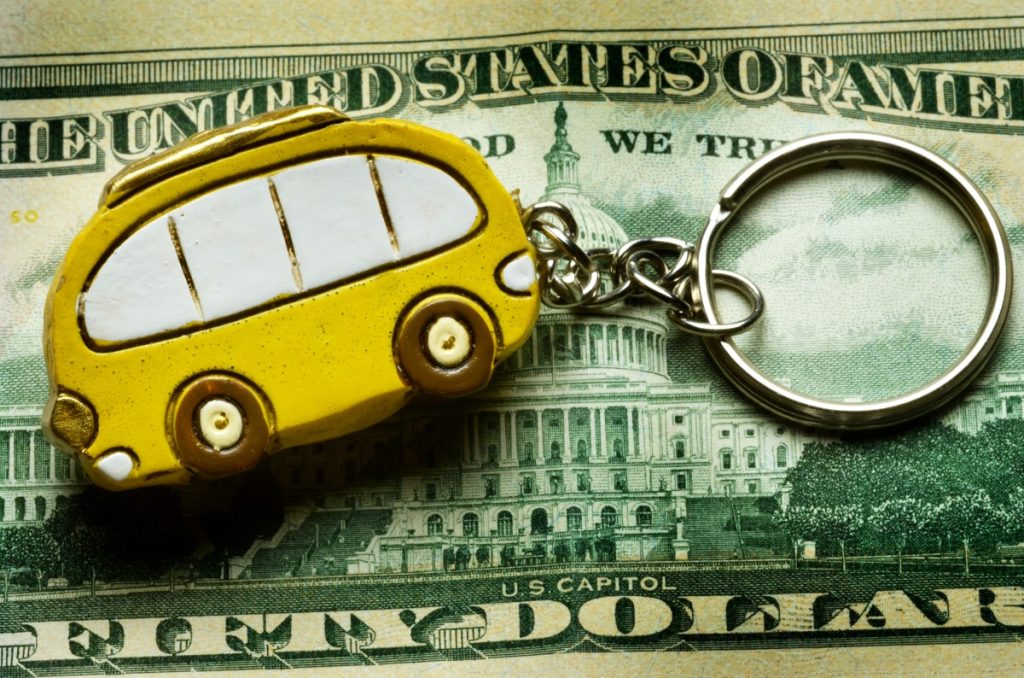Owning an RV can be an exhilarating experience, offering the freedom to explore the open road and embrace the great outdoors. However, the financial responsibilities of owning and maintaining an RV can be daunting without a proper budget. Whether you’re a seasoned traveler or a new enthusiast, effective budgeting is key to ensuring your RV lifestyle remains stress-free and enjoyable. In this guide, we’ll explore some practical budgeting tips that can help you manage expenses and make the most of your RV adventures.

Understand Your Initial Costs
Before hitting the road, it’s crucial to account for the initial costs of purchasing an RV. These include the purchase price, taxes, registration fees, and insurance. Knowing these upfront expenses will help you set a realistic budget from the start. Consider exploring different financing options if needed, and remember that investing in a quality RV can save you money on repairs and maintenance in the long run.
Plan for Regular Maintenance
Routine maintenance is essential to keep your RV in top condition and avoid unexpected breakdowns. Create a maintenance schedule that includes regular checks on tires, brakes, and fluid levels. Allocate funds for annual servicing and invest in quality parts to ensure longevity. By staying on top of maintenance, you can prevent costly repairs down the line and enjoy peace of mind on your travels.
Budget for Fuel and Travel Expenses
Fuel is one of the most significant ongoing expenses for RV owners. To manage this cost effectively, plan your routes carefully to minimize unnecessary mileage. Consider using apps or GPS devices that offer fuel-efficient routes. Additionally, research fuel prices along your route to find the best deals. Don’t forget to budget for tolls, parking fees, and campground stays to get a complete picture of your travel expenses.
Save on Campsite Fees
Campsite fees can add up quickly, especially if you’re traveling frequently. To save money, look for membership clubs that offer discounts on campgrounds. Consider boondocking or dry camping on public lands where allowed, as these options are often free or low-cost. Always check local regulations and ensure you’re prepared with the necessary supplies for off-grid camping.
Manage Utilities and Supplies
Utilities such as propane, water, and electricity are essential for RV living. Monitor your usage closely and consider investing in energy-efficient appliances to reduce costs. Stock up on non-perishable goods and other supplies during sales or at wholesale stores to save money over time. Keeping a well-organized inventory can prevent overbuying and help you stay within budget.
Consider Insurance Options
RV insurance is a must-have for protecting your investment. Compare different insurance providers to find a policy that offers comprehensive coverage at a competitive rate. Look for discounts based on safe driving records or bundling policies with other insurance needs. Having adequate insurance will provide financial security in case of accidents or unforeseen events.
Owning an RV opens up a world of adventure and exploration. By following these budgeting tips, you can enjoy the journey without financial stress. At Kamper City located in Peninsula, OH, we’re here to support your RV lifestyle with a range of quality RVs and expert advice. Visit us today to discover how we can help you embark on your next adventure with confidence.
